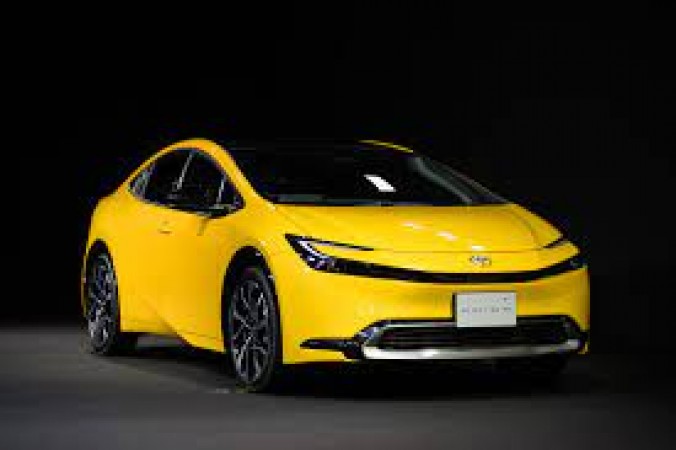
In a rapidly changing automotive landscape, the surge in popularity of electric vehicles (EVs) has been hard to miss. However, amidst this electric frenzy, a rather interesting trend is emerging – a rising demand for hybrid cars. A recent report sheds light on the growing preference for hybrid vehicles, even as electric vehicles continue to dominate headlines. This article delves into the factors driving this demand shift, the advantages of hybrid cars, and the sustainable implications of this trend. The automotive industry is undergoing a transformative period, with electric vehicles spearheading the shift towards greener transportation. However, nestled within this electric vehicle surge is the rising appeal of hybrid cars.
Electric vehicles have enjoyed a significant spotlight in recent years, and for good reason. With zero tailpipe emissions, they offer a promising solution to reducing air pollution and curbing carbon footprints. The advancements in battery technology have led to impressive ranges and faster charging times, making EVs a practical choice for many.
While EVs have garnered immense attention, hybrid cars are staging a noteworthy comeback. The allure of combining internal combustion engines with electric propulsion systems has not waned.
Hybrid cars, as the name suggests, are a fusion of traditional internal combustion engines and electric propulsion systems. This combination enables them to operate using electricity, gasoline, or both.
Hybrid cars utilize regenerative braking to recharge their electric components. The gasoline engine charges the electric motor, which, in turn, assists the gasoline engine when needed. This synchronized dance results in better fuel efficiency and lower emissions.
Hybrid cars boast several advantages that contribute to their renewed demand.
The seamless transition between electric and gasoline power translates to remarkable fuel efficiency. Commuters can enjoy longer drives with fewer visits to the pump.
While not entirely emission-free like EVs, hybrid cars still emit significantly fewer pollutants compared to their traditional counterparts.
The regenerative braking system not only extends brake life but also converts kinetic energy into stored electricity, enhancing overall efficiency.
Hybrids eliminate "range anxiety" as they can rely on gasoline when electric power is depleted, making them suitable for longer journeys.
While electric vehicles come with substantial price tags, hybrids often offer a more affordable entry point into the world of eco-friendly driving.
Charging infrastructure for EVs is still evolving, and hybrids provide a convenient alternative for drivers who might not have easy access to charging stations.
The coexistence of electric and hybrid cars creates a balanced approach to sustainable transportation. Both options cater to varying consumer needs and help reduce the overall carbon impact.
As technology progresses, hybrids are likely to become even more efficient and affordable, further boosting their appeal.
The combined efforts of hybrid and electric vehicles could lead to a significant reduction in greenhouse gas emissions, contributing to a cleaner environment. In a world where automotive choices are expanding, hybrid cars are carving out their niche by offering a compromise between electric and gasoline-powered vehicles. Their fuel efficiency, lower emissions, and versatility make them an attractive option for environmentally conscious drivers. As the automotive landscape evolves, the demand for hybrids is expected to continue its upward trajectory.
Budgeting Woes: Honda Car Buyers Face Imminent Price Surge
TVS Apache RTR 310 Teaser: A Glimpse into the Future of Motorcycling
Microsoft Revamp Bid for Activision Blizzard to Address UK Demands